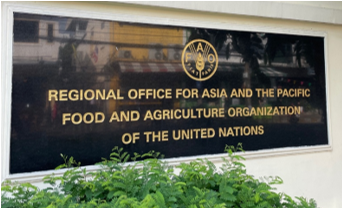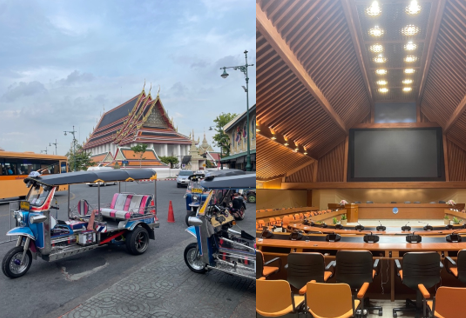Hello! My name is John Shusko, and I am an MPH candidate in the Gillings School of Global Public Health, pursuing a Global Health concentration. Some of my interests include emergency management, infectious diseases, and leveraging policy to manage public health crises. This summer, I am completing my practicum at the UNC Office of Emergency Management and Planning (EMP) as a summer intern. As such, I will be participating in a variety of projects, and will be working with seasoned emergency management professionals to help expand my knowledge and familiarity with this field.
Over the first two weeks of my practicum, I have gained the opportunity to meet with each of the four emergency managers that work in the EMP office. Through individual meetings and conversations with each of these managers, I have learned about their respective roles in the organization. I have also been able to see how all these managers work together as well as with other external University organizations (such as Campus Safety and Communications) to create both effective emergency plans and respond to campus emergencies. Their use of technology has been particularly fascinating to me and learning more about technologies in place such as Alert Carolina and internal management tools have allowed me to see how each of the respective “pieces” of emergency management must fall together and coordinate effectively to ensure a robust and efficient unified University response to emergencies.
Emergency management is related to public health in the sense that the EMP office helps to address different emergencies and challenges before they arise. The office also helps keep the University community safe during high-profile events such as UNC-Duke basketball games and visiting Presidents and Vice Presidents (such as former Vice President Pence’s visit a few weeks ago). Keeping our campus community safe and working with the vast University resources is a form of public health at the local level, as it allows our University community to continue their studies as free from hazards and emergencies as possible.
I will be presenting two deliverables by the end of the internship. First, I will be creating a framework for the UNC EMP office to create an end-of-year report detailing the high-profile emergencies and safety incidents on campus that occurred throughout the academic year. This information can then be presented to the Chancellor’s office. Second, I will be creating a survey to distribute to other UNC system and ACC schools’ emergency management offices to discuss their process for conducting a threat/hazard identification and risk assessment for their respective campus communities. Using this, if time allows, I will help create an outline for such a plan using lessons learned from the UNC system and ACC schools I receive feedback from.
I am excited for the opportunity to explore a new field for me and gaining hands-on experience with professionals in the field. I am excited for the rest of the practicum and look forward to sharing another update later in the summer!
– John




